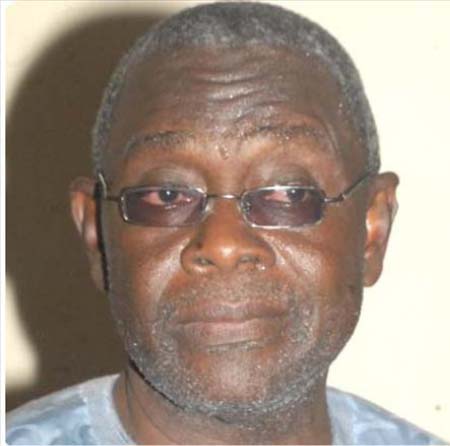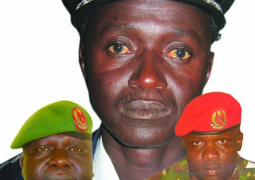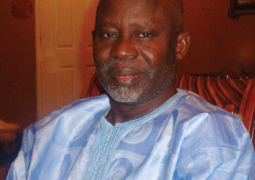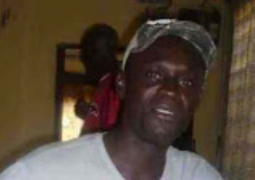
State counsel M.B Agiah earlier made an application before the court for his second witness, a state security agent, to give evidence in chambers, citing national security reasons, which was rejected by the defence counsel, R.Y. Mendy.
Amadou Sanneh was arraigned alongside Malang Fatty and Sambou Fatty, charged with conspiracy to commit an act with seditious intention, sedition, possession of seditious publication and false swearing.
Justice Emmanuel Nkea, in his ruling, stated that upon the application of the state counsel, MB Agiah, leave of this court has been sought for the prosecution to deal with its next witness, an intelligence officer, in camera, citing national security reasons.
In opposing the application, R.Y. Mendy, counsel for the 3rd accused, argued that from the summary of evidence, there was no issue of national security involved, he said, adding that both sides argued in terms of section 24 and 25 of the constitution.
“I have carefully read through the section of the constitution referred by both sides, and having also carefully considered the submissions by counsel on both sides, it is clear that the application brings to the fore the principles of open justice, an essential requirement in the administration of criminal trial,” said the judge.
“The general rule is that the administration of justice must be done in public, allowing the media to report those proceedings fully and contemporaneously, and restrictions to these usual rules will be exceptional and must be based on necessity,” he added.
The need for any such restriction must be convincingly established, and the terms of the order must be proportionate going no further than was necessary to meet the relevant objective, he added.
“Now the prosecution has approached the court in terms of proviso to section 24 (2) of the constitution, and it was contended that for national security reasons, it would be proper to deal with the witness in camera,” he said.
“I was initially reluctant to grant this prayer, but when I consider that this is a rare application made by the prosecution on grounds of national security, I feel more inclined to grant same as issues of national security are not ordinary issues,” he stated.
‘‘They are sensitive and complex to understand and require cautious approach, and it would therefore not be prudent to require them to state in greater details what these national security issues are, otherwise the whole purpose of the application would be defeated as the issues which the prosecution seeks to protect would then become public knowledge,’’ Justice Nkea added.
“In situation like this, it is more reasonable to exercise judicial power in favour of prosecution which seeks to general good. I consider this as a good ground of the application. I have equally not seen how the grant of this application will adversely affect the trial right of the 3rd accused person,” the judge went on.
“Upon a thorough reading of the proviso to section 24 (2), it occurred to me that the application can be properly granted under the limb dealing with defence and public order,” he said.
“In view of the above, I hold that the prosecution has convincingly established the required special circumstance necessary for the grant of this application. I will, therefore, as an exceptional measure, grant the application by the prosecution for PW2 to be examined and cross-examined in camera, and that will be in chambers,” Justice Nkea declared.




